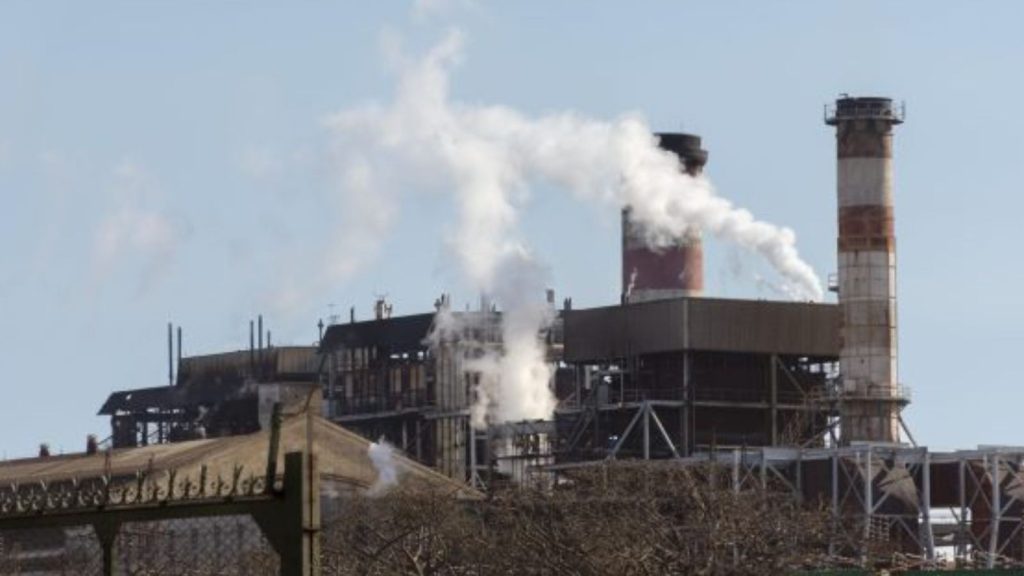Moratorium on New Smelter Permits for Nickel Matte, MHP, and NPI via Online Single Submission (OSS) System
I. Overview
The Government of Indonesia has imposed a moratorium on the issuance of new smelter permits through the OSS platform. This restriction specifically targets projects intending to produce Nickel Matte, Mixed Hydroxide Precipitate (“MHP”), Ferronickel (“FeNi”) and Nickel Pig Iron (“NPI”) —collectively referred to as “Prohibited Products.”
Although no formal amendment to mining regulations has been enacted to codify this ban, recent administrative changes to the OSS system have effectively blocked new applications producing these Prohibited Products.
II. Regulatory Framework
The issuance of Government Regulation No. 28 of 2025 on the Implementation of Risk-Based Business Licensing (“PP 28/2025”) introduces a revised licensing regime, superseding the Government Regulation No. 5 of 2021 on the Implementation of Risk-Based Business Licensing (“PP 5/2021”).
Under the new framework Applicants under KBLI No. 24202 (Non-Ferrous Metal Manufacturing), particularly those engaging in pyrometallurgical or hydrometallurgical processes, are now required to submit a declaration letter (surat pernyataan) affirming that their operations will not produce the Prohibited Products.
This requirement marks a significant departure from the previous regulatory landscape under PP 5/2021, where no such declaration was mandated.
III. Outstanding Legal Questions
- Scope of Applicability
It remains uncertain whether the prohibition on producing the Prohibited Products applies retroactively to smelter companies that obtained their Business Identification Number (Nomor Induk Berusaha or “NIB”) under KBLI No. 24202 (Non-Ferrous Metal Manufacturing) prior to the enactment of PP 28/2025. If the moratorium is intended to restrict only new entrants, then existing permit holders should reasonably be excluded from the production ban. - Regulatory Alignment
The current restriction is not formally embedded within Indonesia’s mining legislation but is being implemented administratively through the OSS licensing framework. As a result, companies that obtained their licenses prior to the issuance of PP 28/2025 may remain eligible to produce the listed commodities. This divergence between administrative enforcement and statutory regulation introduces a degree of uncertainty and may raise questions regarding consistency and equitable treatment across operators.
While the government’s intent is to curb oversupply, safeguard saprolite ore reserves, and promote battery-grade nickel production, the abrupt implementation of the licensing freeze without a formal legal instrument has created considerable uncertainty. This may disrupt business planning, stall project execution, and elevate risk across the nickel value chain.
For projects currently in development, the introduction of new licensing requirements may prompt investors and financial institutions to re-evaluate their positions. While this does not necessarily imply withdrawal, it could lead to adjustments in timelines, additional due diligence, or a more cautious approach to funding decisions as stakeholders seek greater regulatory clarity.
If you have any questions or wish to discuss the implications of this regulatory development further, please do not hesitate to contact us.
By: Desi Dwitiasrini | Partner
desi.dwitiasrini@atyantolaw.com
and
Farra Shalma Tanaya | Associate
farra.shalma@atyantolaw.com

